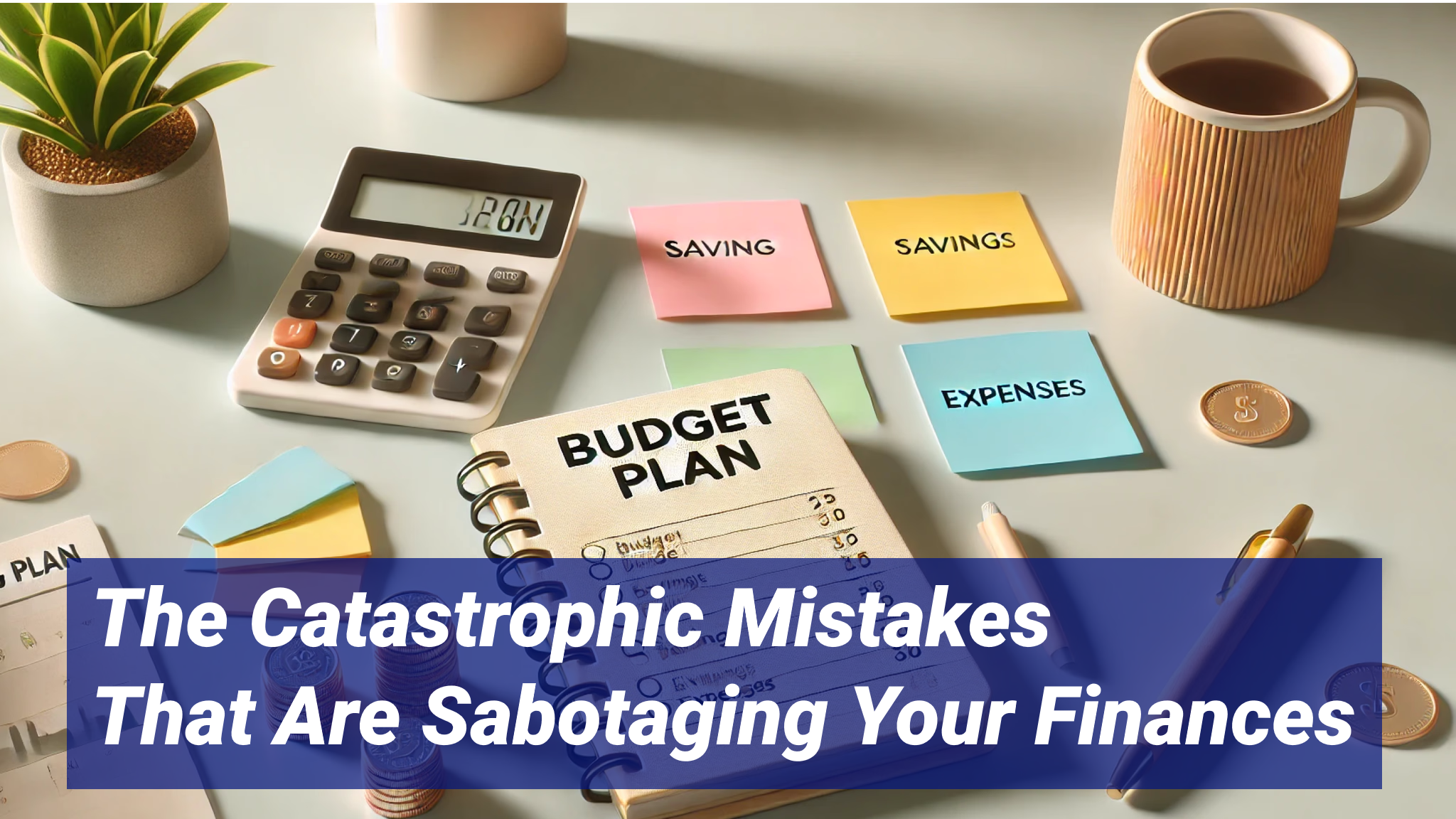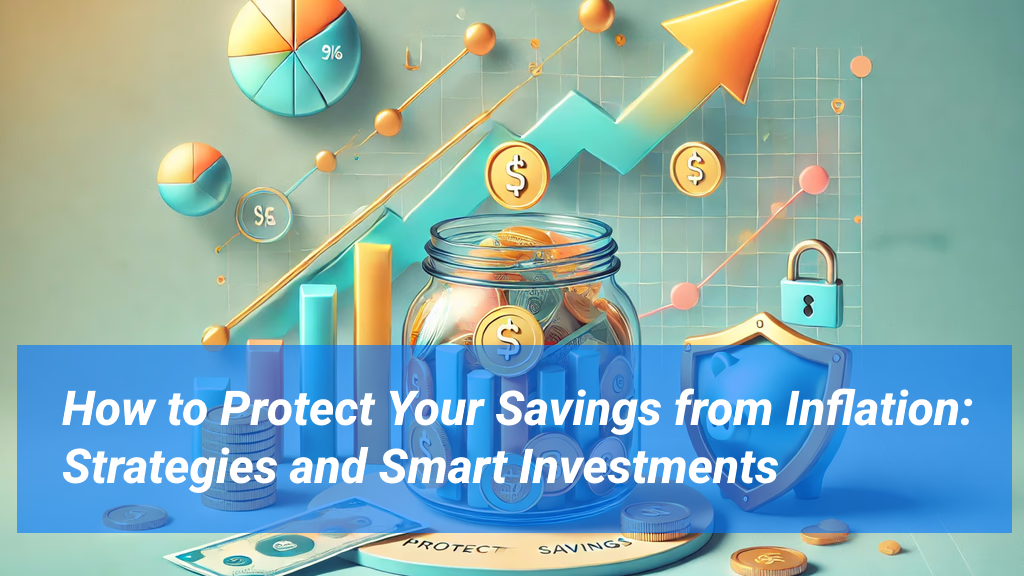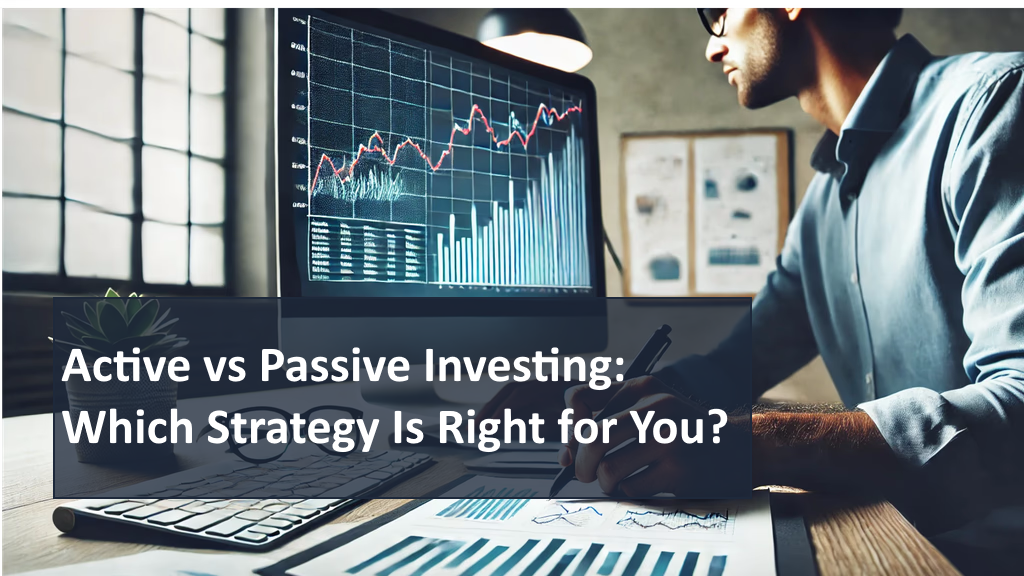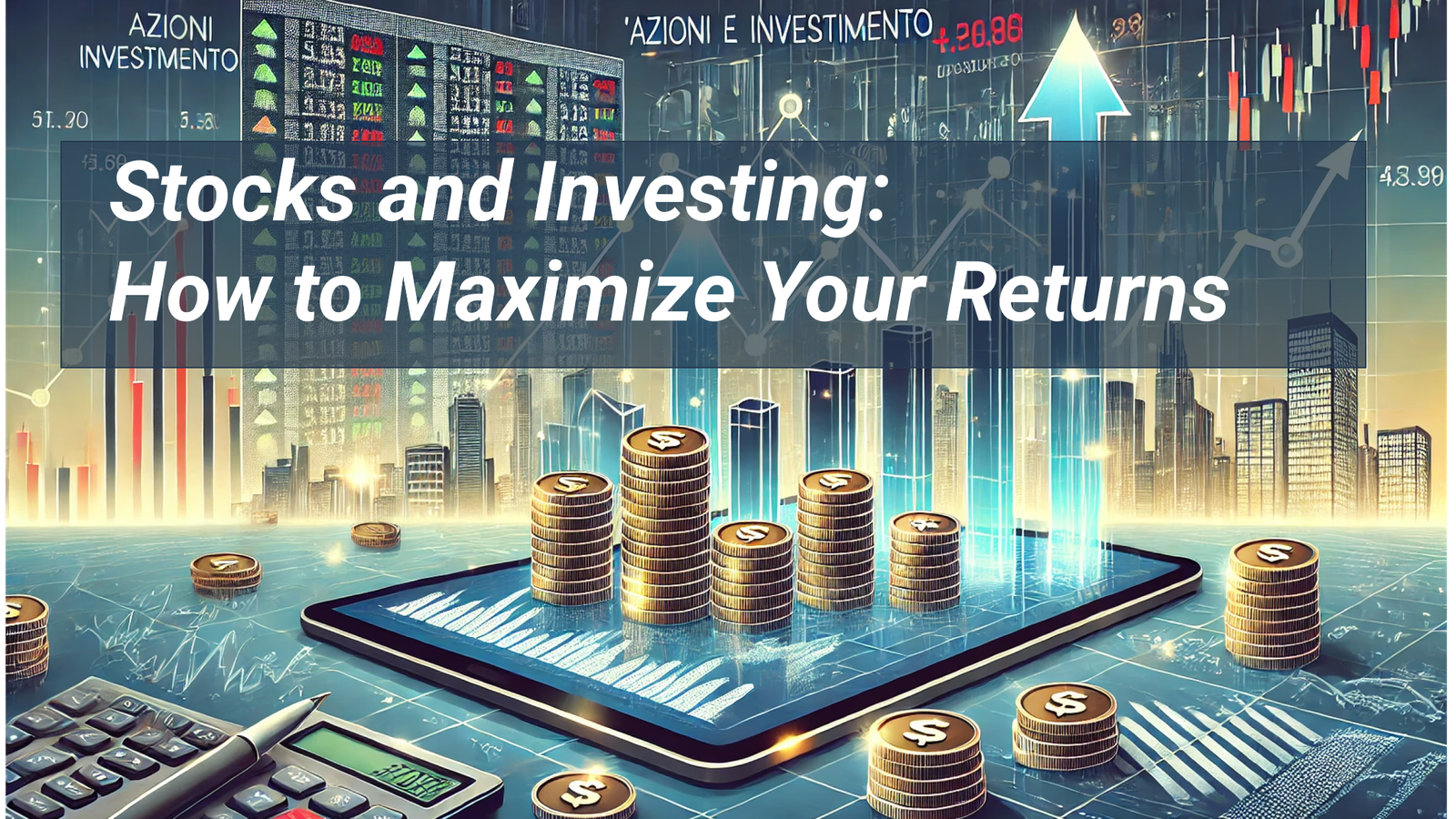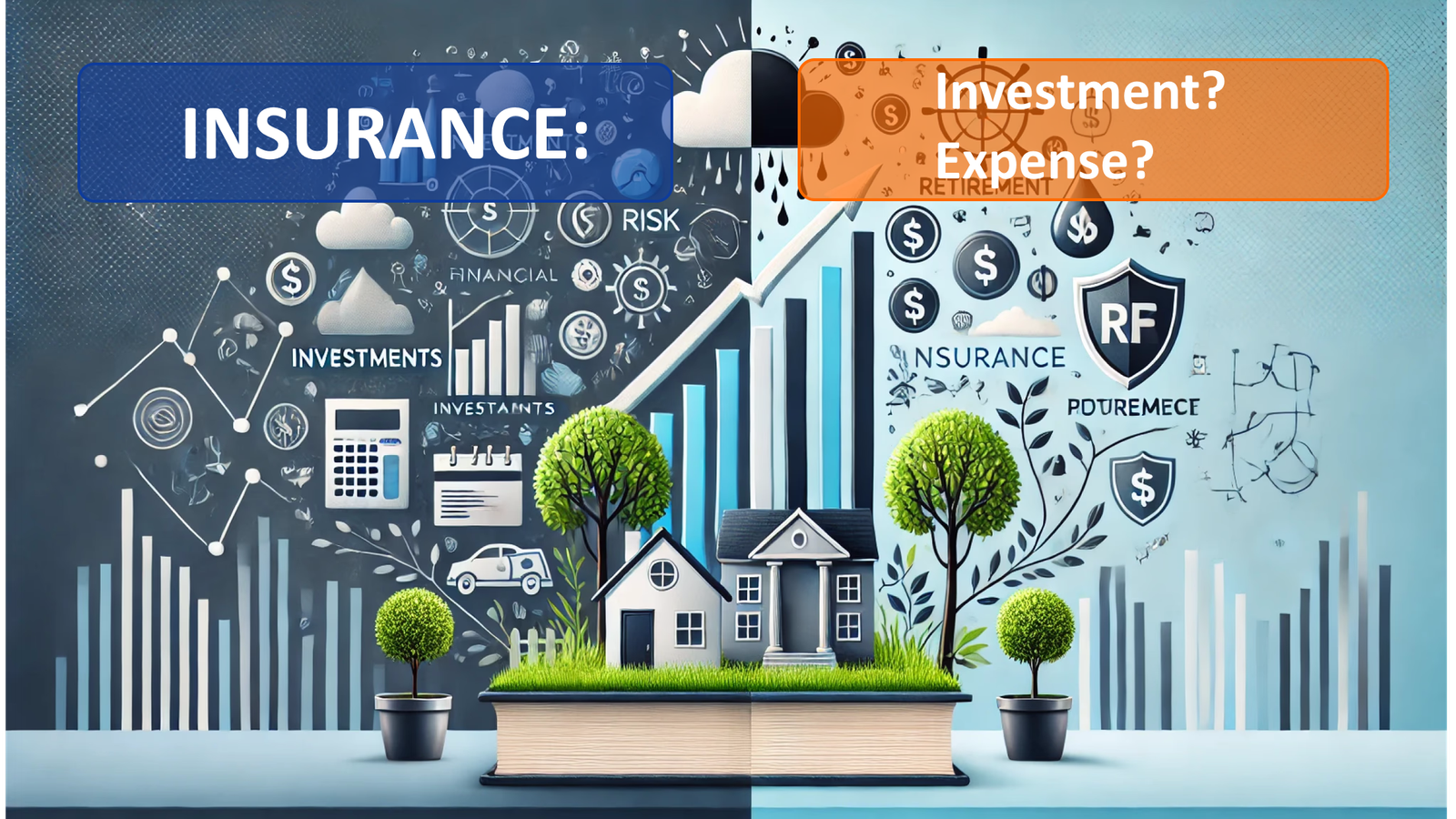Introduction
Real estate is the most popular investment for many people around the world. It seems that as soon as someone has some savings, the only possible option is to invest in property. However, real estate investment is not always as safe and profitable as it seems. In fact, it can come with many risks of a real estate investment ! In this article, we will analyze the main ones.
What is (and what is not) real estate investment?
There is an important premise to consider before discussing the risks of real estate investment: first, it is essential to understand what distinguishes an “investment” from any other expense.
When investing in something (whether it be a stock, a bond, a property, gold, or anything else), there are two ways to earn:
- Through a positive change in the price of our investment, for example:
- I buy a property, rent it out, and earn €700 gross per month.
- I buy stocks or an equity ETF and earn €15,000 per year in dividends.
- I buy bonds or a bond ETF and earn €15,000 per year in coupons.
This is called “capital gain”
- Thanks to a periodic cash flow that comes from our investment (this flow is called “income”). For example:
- I buy bonds or a bond ETF and earn €15,000 per year in coupons.
- I buy a property, rent it out, and earn €700 gross per month.
- I buy stocks or an equity ETF and earn €15,000 per year in dividends.
With this initial overview, you can see that “investment” refers to the allocation of financial resources, such as money or capital, with the goal of obtaining a financial return in the future.
Now, let’s delve deeper and see what is meant by “real estate investment.”
In this regard, when discussing the real estate sector in general, it is important to identify three specific cases:
- the residence, or primary home;
- real estate speculation;
- real estate income.
It is crucial to make this distinction, because mixing what applies to your primary residence with what applies to real estate speculation or rental income is a huge mistake.
Let’s make one thing clear right away: the first home, the one in which you live, is not an investment in the strict sense, because it does not generate any financial return.
It is rather a decision related to your lifestyle: you choose to buy a house instead of renting.
On the other hand, real estate speculation occurs when you try to buy a property at the lowest possible price and then sell it at the highest possible price.
Buy low, sell high, in essence.
Now, the attempt to buy low and sell high to make a profit is exactly the definition of “speculation.”
There is nothing wrong with this activity, of course, but it’s not as simple as it is often made to seem.
It is, in fact, a real entrepreneurial activity that requires knowledge of the market, regulations and laws, the territory, and various service providers (real estate agents, notaries, architects or surveyors, construction companies, craftsmen, etc.).
Again, we are not talking about an investment in the strict sense, but rather speculation, whose success will also depend on your work, attention, and expertise.
Now, we are truly talking about a “real estate investment” when you have the opportunity to put your money into the real estate market with the goal of generating income.
This means buying properties such as apartments, houses, or commercial spaces with the intention of obtaining a regular income stream, i.e., rent payments.
In these cases, it is said that the property has been “put to rent” and it is the only form of real estate investment.
Not the first home, not real estate speculation, but the investment property with rental income purposes.
Now, leaving aside the fact that usually when asking a property owner what their rental income is, in the best case they throw out numbers based on intuition, and in the worst case, they have no idea, there are risks associated with investing in real estate.
Let’s analyze them one by one.
What are the risks of real estate investment?
There are two main reasons why the risks related to real estate investment are almost never considered.
The first: the average person has a real passion for property.
It’s no coincidence that people often say, “real estate never betrays you.”
The second reason is that the risks associated with real estate investment are less noticeable than those associated with other investments.
For example, stock price fluctuations are visible to everyone.
At any time, you can open your securities account and check the value of your investment.
It’s a precise figure: this means that, if you wanted to liquidate it, you’d only need to make a couple of clicks and sell it at that price.
With real estate, however, it’s not like that.
The most you can get is an estimate, like the one any real estate agent can give you.
But that’s all it is: an estimate, which may not correspond to the price the market is willing to pay.
Now that we’ve clarified this, let’s examine the main risks associated with real estate investment, namely:
- Default risk
- Concentration risk
- Negative income risk
- Tax risk
- Demographic risk
- Liquidity risk
1. Default risk
This risk concerns the possibility that tenants may be unable to pay the rent or even skip payments. From this perspective, much depends on the legislation of the country in which you are located. For example, one might find themselves in situations where eviction procedures are long and complex, especially if the tenant has a family (due to the protection of minors).
The default rate has historically been increasing due to the economic difficulties of recent years, which have mainly affected the middle and lower-middle classes.
2. Concentration risk
Investing in real estate can carry an excessive concentration risk, especially when we are talking about a single property.
Essentially, you may find yourself in a situation of poor—if not non-existent—diversification.
By deciding to invest €200,000-€300,000-€500,000 in a single property, you’re not “investing in real estate.” You’re investing in ONE property:
- Purchased from ONE seller;
- In ONE city and ONE neighborhood;
- With UNIQUE internal characteristics;
- Rented to ONE tenant.
- High insurance costs
All of these are real risks, where the deterioration of just one variable can jeopardize the income from a significant portion of your wealth.
3. Negative income risk
A negative income can occur if you own a property that is vacant or if the rental income is insufficient to cover expenses.
In the case of a vacant property, the income will definitely be negative due to taxes and maintenance costs.
This also applies to properties rented out for lower amounts (e.g., €400-600 per month).
An annual income of €6-7,000 per year can easily be reduced to zero.
Just the cost of repairing a façade, renewing the furniture, or a breakdown in the systems can completely eliminate or reduce this income to zero, or even below zero.
4. Tax risk
Given their widespread prevalence in certain countries, such as Italy (a country with the highest number of property owners in the world and wealth overwhelmingly concentrated in real estate), the government is well aware that it can easily collect revenue through a simple (yet consistent) increase in property taxes.
5. Demographic risk
This risk is currently one of the most underestimated, but it is potentially explosive in the years to come.
Countries characterized by a continuous demographic decline, compounded by the depopulation of certain geographic areas.
With the shortage of young people in their prime working age, who typically represent the demand for rentals, there could be difficulties in finding tenants.
6. Liquidity risk
Transforming a real estate investment into liquid cash can be complicated and time-consuming.
Finding buyers willing to pay a fair price is not always immediate and may lead to a decrease in the property’s value.
Clearly, the liquidity risk increases when the price at which you try to sell your property is far off-market; a price that is often influenced by valuation errors and cognitive biases such as:
Endowment effect: As the owner, you are inclined to believe that your property is worth more than others with similar characteristics, simply because it belongs to you.
Anchoring effect: You are mentally attached to a price, the one you or someone on your behalf (perhaps a relative or real estate agent) has set in your mind, and you find it difficult to move away from that figure.
The truth is, there is no “right” price on the market.
The only price that matters is what the market (in this case represented by ONE PERSON, returning to the previous concentration risk) is willing to offer you to buy your property.

Real Estate Investment: Is it Worth It or Not?
Be cautious of those who tend to give you a fixed answer to questions like this.
The answer to certain questions or decisions, when we ask whether something is worth it or not, is often “it depends.”
Only occasionally is there a clear and definite “YES” or “NO,” and it must be very evident.
So even when you ask yourself whether it’s worth making a real estate investment, the answer is always “it depends.”
It depends on how much this investment affects your wealth (it’s clear that if you have savings of 200,000 euros, it wouldn’t be wise to invest all of it in buying an apartment).
It depends on how much knowledge you have of the sector, because like any other investment, it must be made consciously.
It depends on your needs for diversification and other factors related to your financial situation.
Beyond this, when approaching any investment, it’s important to make an evaluation that is as rational as possible.
That is, an evaluation free from false myths, rumors, the experiences of grandparents and cousins, and, most importantly, one that is consistent with your situation and financial planning.
Financial planning is something we explore, both theoretically and practically, at Puzoy— a process that helps you grow your wealth and secure your financial future.
External resources to deepen the real estate investment market
We conclude our analysis of the risks associated with real estate investment by providing a list of external resources that can be useful for studying and understanding the real estate market trends, as well as offering important information for those interested in further exploring the topic discussed in this article.
- Zillow (www.zillow.com)
Offers in-depth data on home prices, market trends, and statistics related to real estate in the United States. - Redfin (www.redfin.com)
Provides detailed information on real estate transactions, market trends, and analysis of residential areas in the United States. - National Association of Realtors (NAR) (www.nar.realtor)
One of the leading sources for reports and statistics on the U.S. real estate market, including data on sales and future forecasts. - RealtyTrac (www.realtytrac.com)
Provides information on foreclosures and auctions, as well as reports on the real estate market and local trends in the U.S. - CBRE (www.cbre.com)
One of the largest global commercial real estate firms, offering reports and global market research, including detailed analysis on investment trends. - Knight Frank (www.knightfrank.com)
Another major global player in real estate, providing reports on global trends, analysis of residential and commercial markets. - CoStar (www.costar.com)
Offers comprehensive data, analysis, and reports on the commercial real estate market, including information on rents, sale prices, and trends. - The Real Deal (www.therealdeal.com)
A publication providing news, analysis, and reports on trends and developments in the real estate market, particularly for the U.S. market. - Property Week (www.propertyweek.com)
A website focusing on the U.K. real estate market, offering articles, analysis, and reports on both residential and commercial sectors. - These websites are among the most reliable resources for up-to-date information on real estate market trends, analysis, and reports.
These sources should offer you a comprehensive understanding of global real estate investment data and trends.
READ MORE –

